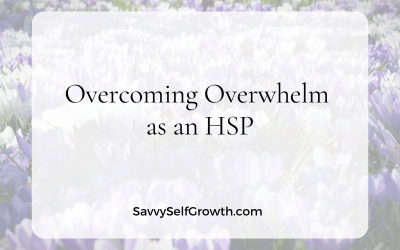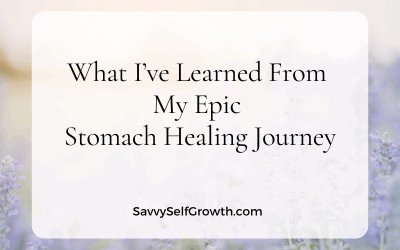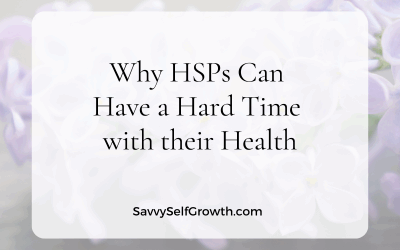We’re taught in so many places that there’s something wrong with us. We get this message from a very early age through parents and other adults. Later on, we learn that we need to improve, develop, grow, stretch ….
And while that’s true, we don’t hear the message that there’s already a lot RIGHT with us. That we already have strengths and beautiful talents.
Due to all the programming in our early years, some of us find it hard to figure out what our strengths are. Others don’t believe they have ANY strengths.
The simple truth is: we ALL have strengths. And when we use them, we are in that amazing state called “Flow” – where time stands still, we are in love with life, and we are energized and inspired. Where we don’t care about the outcome, because we simply LOVE what we are doing.
✨ How to discover your strengths:
The easiest way is to do the Clifton StrengthsFinder Assessment, and get your Top 5 or Full 34 list of strengths. More than 20 million people world wide have taken the assessment and are building on their strengths.
If you can’t do that right now, here are a few clues for the SIGNs of your strengths.
✨ S – Success
Consider the things, projects, tasks, areas of life you’ve had success with. Strengths usually help us to be successful with certain things. You’ll also receive great feedback from others in the areas of success. It’s not just your subjective feeling – others will notice it too.
? Example: I have 2 degrees and find it easy to learn. I have multiple certifications in different healing methods and other areas. You could say I’ve had “success” in the area of acquiring new knowledge. My #2 Strength is “Learner”.
Be aware that “success” in itself is not the only indicator for a strength. Sometimes we get really good at something (it appears to be success) yet we hate doing it. Be sure to consider the other pointers too.
✨ I – Instinct
What do you look forward to?
Is there something that you always find yourself volunteering for?
It’s like we have the “instinct” to be busy with activities where we can use our strengths. We can’t help offering uor time, energy, attention in the areas of our strengths.
? Example: I find myself offering help and support for people in emotional pain. Time and time again, I put up my hand for that, and it happens so quickly I don’t even notice it. I have 3 Gallup strengths contributing to this tendency: Empathy (I’m in touch with and feel the other’s pain), Individualization (that senses a need and wants to help find a unique solution) and Responsibility (that offers “Give that to me, I can do it.”).
✨ G – Growth
We grow very easily in the areas of our strengths. It’s virtually no effort, we LOVE learning more about that topic or area. Our neural networks are receptive to more knowledge, skill, expertise and mastery in that specific area – mainly because we’ve already built up huge, strong neural pathways in those areas.
? Example: I find it very easy and enjoyable to learn new things. I keep wanting to learn more, and it gets easier as I grew older. The same with showing empathy for people who are hurting. It’s easy for me to learn new methods to support people who are going through hard things – my Empathy neural networks are already strong, so it’s a breeze to keep adding to those existing pathways.
✨ N – Need
When a need is met, we feel fulfilled afterwards. Think about when you’re hungry and you have a meal – a “full”, satisfied feeling afterwards. The food also provides us with ENERGY.
It’s the same with our strengths. Our strengths create needs in us – or as my strengths mentor says – a strength IS a need. When our strengths are working, we feel fulfilled and ENERGIZED after the activity where we used them.
Yes, we might be a little tired (a normal kind of tired) if we worked many hours at this activity – yet, we’re ready the next day to do it again!
? Example: I feel happy, energized, fulfilled, satisfied after supporting someone who has carried an emotional burden. Or every time I learned something new, BOY, does that fulfill a need and feel satisfying!
✨ Now it’s your turn:
? Think about your daily activities.
? Go through the above questions and identify activities, tasks or projects where you have had success, have an ‘instinct’ for it, find it enjoyable to grow in that area, and feel like it fulfills a need.
? Those are possible areas of strength for you.
? Do more of those – your life will be more purposeful, fulfilling and you’ll exude happiness that spills over to those around you.
Here’s what it did for me when I discovered my own strengths. If you’d like to explore that option for yourself, get in touch with me for a Gallup/Clifton StrengthsFinder Journey.




